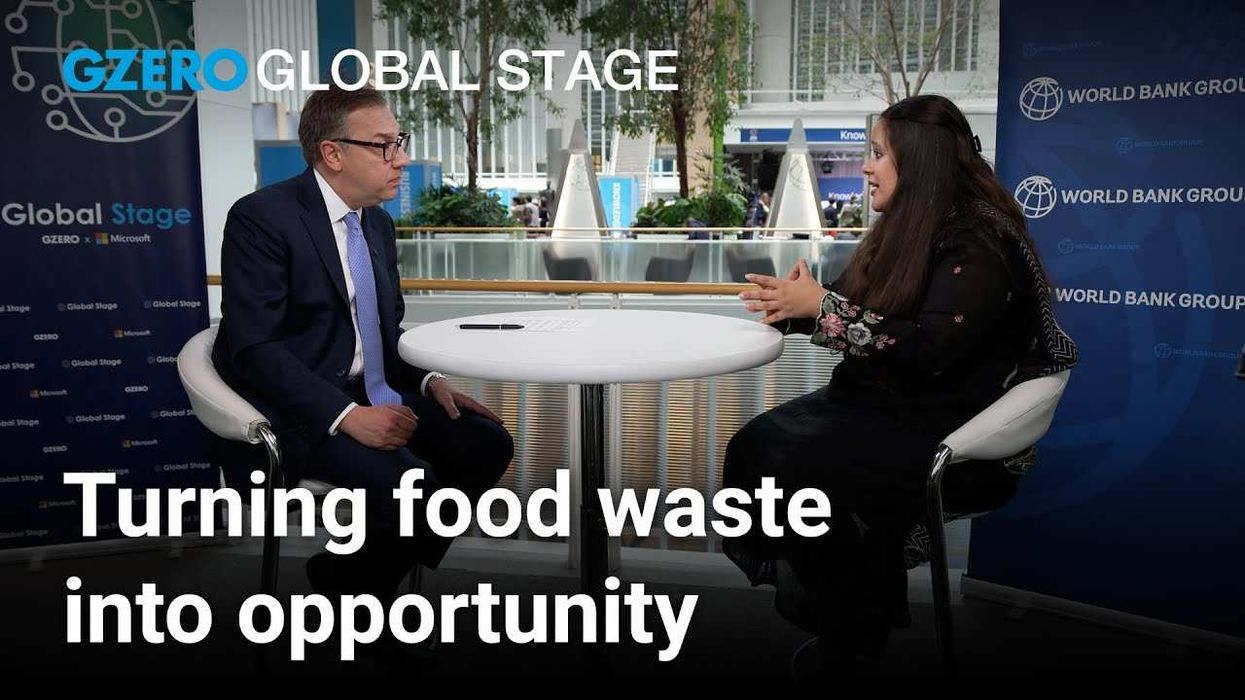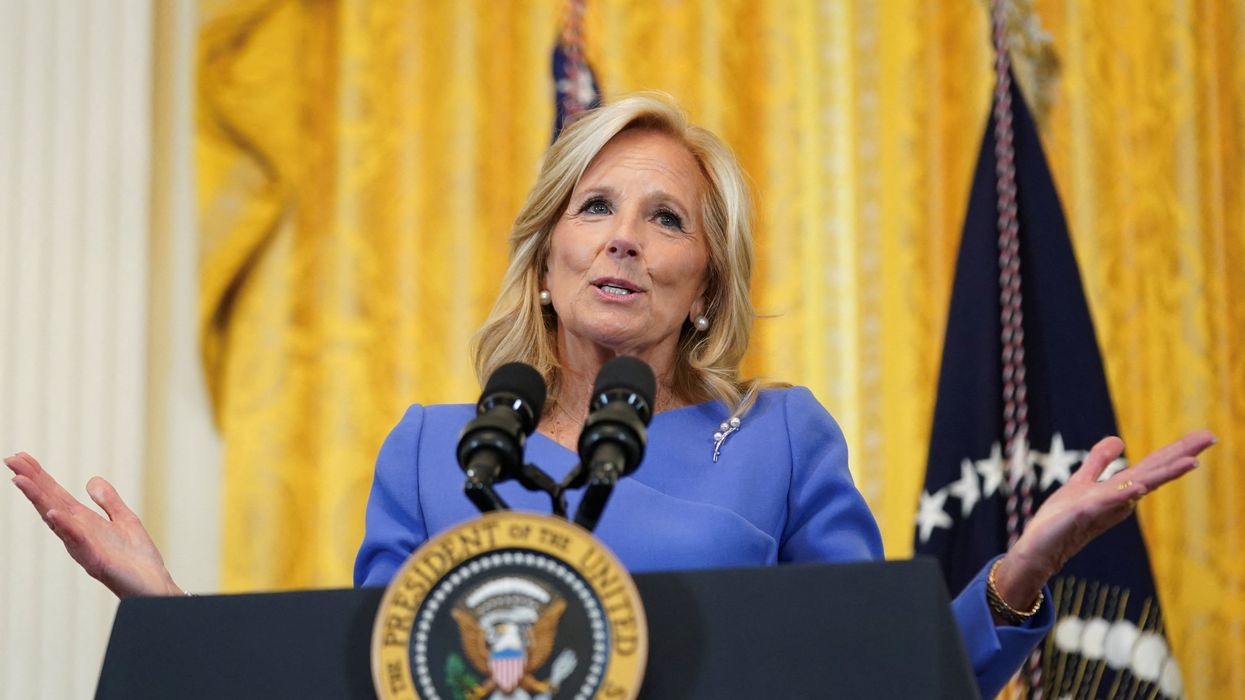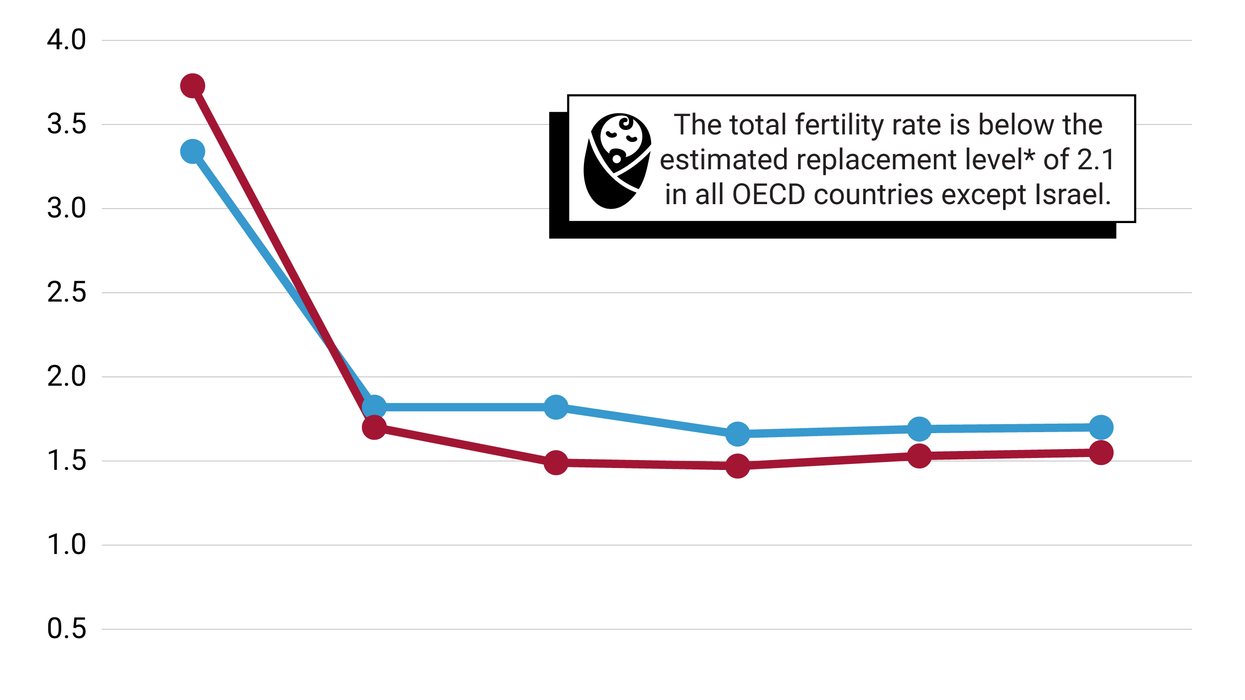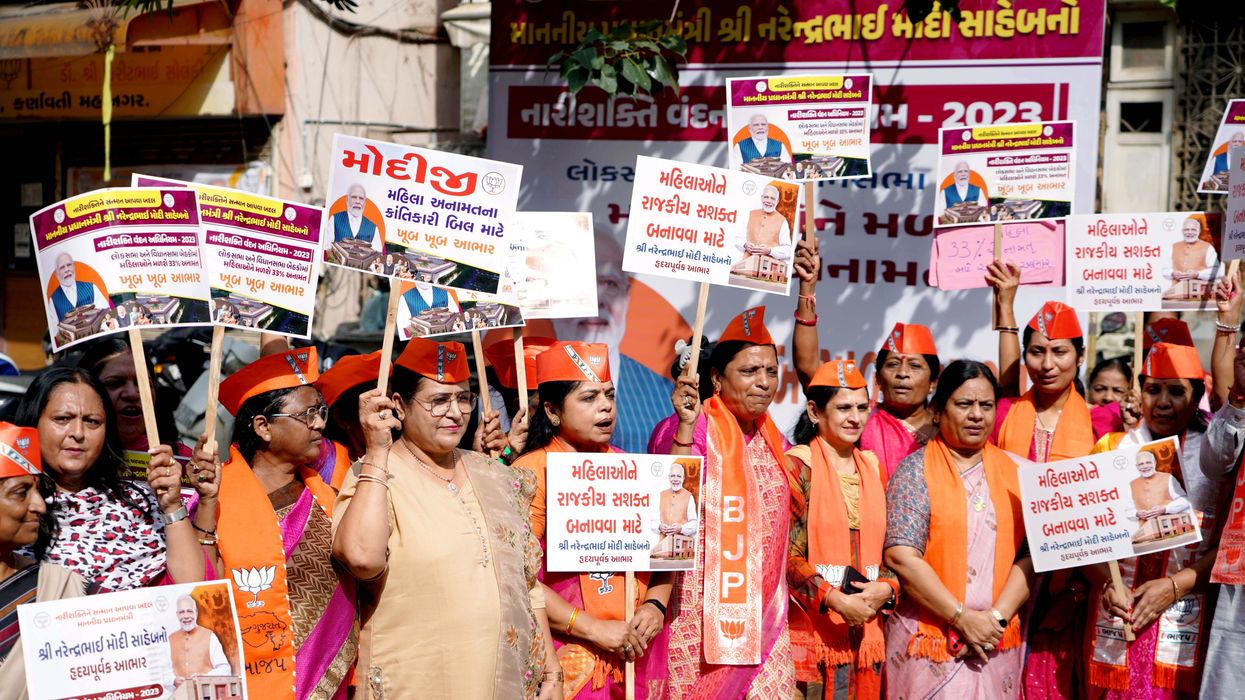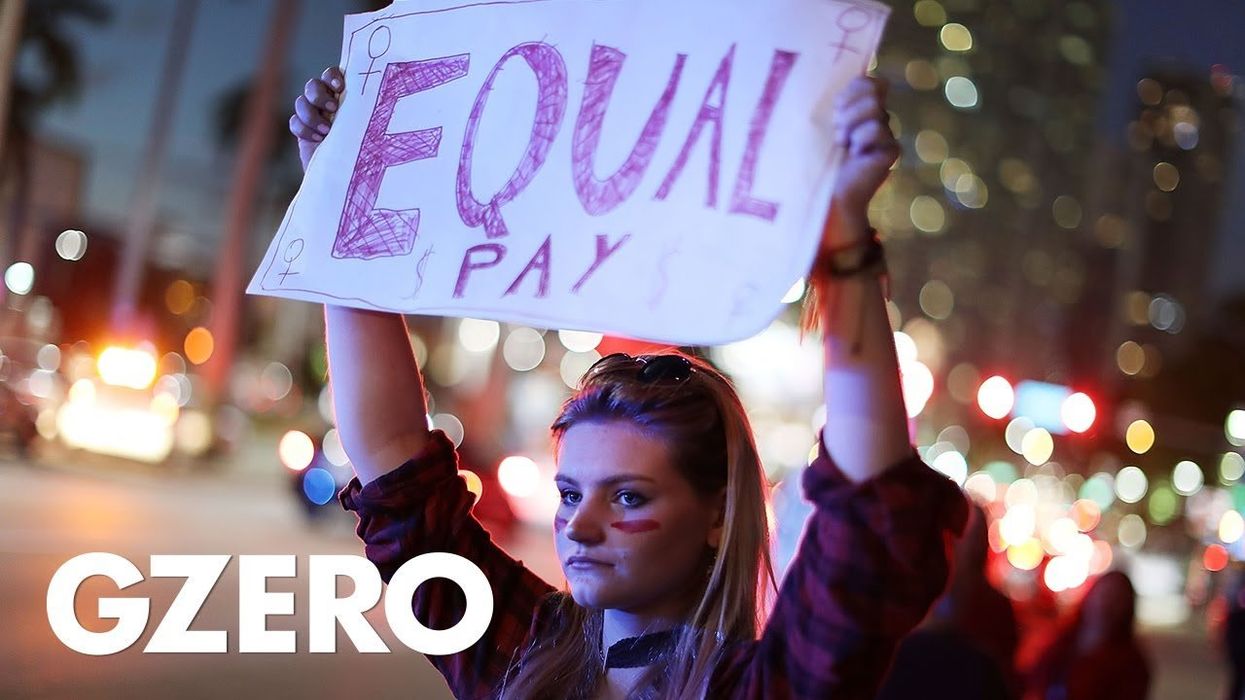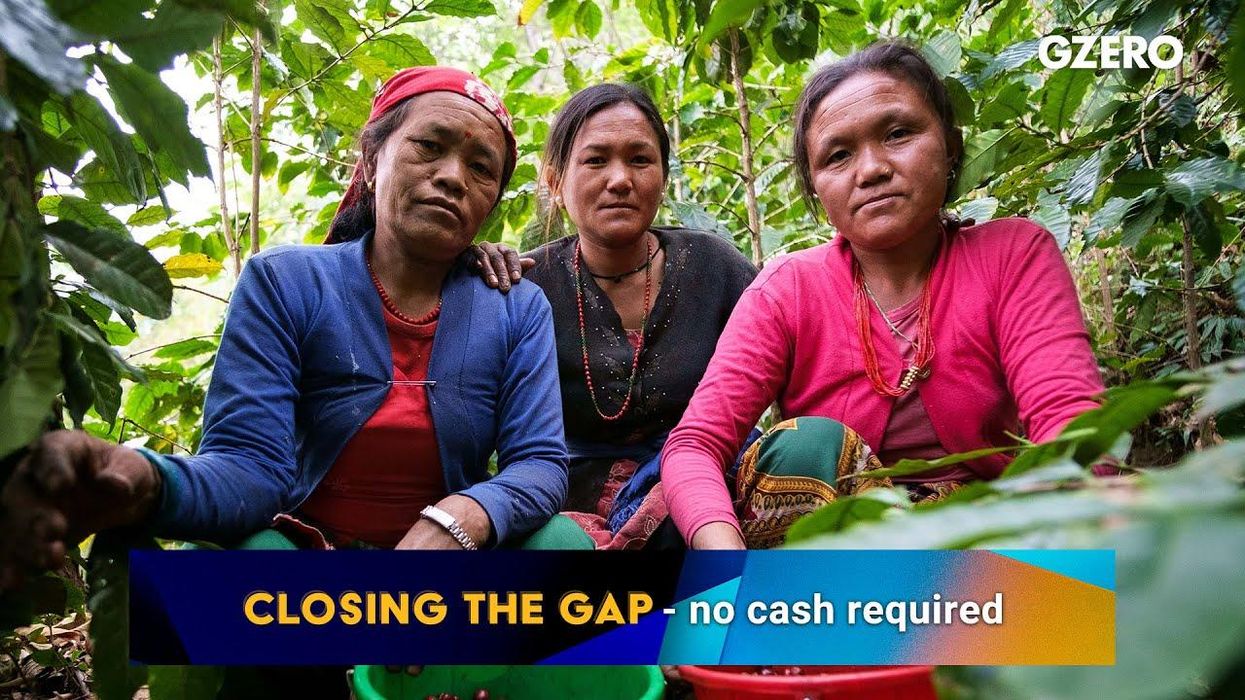World Bank & IMF Meetings
Fighting food waste and empowering women farmers
As the world faces rising food demand, social entrepreneur Nidhi Pant is tackling the challenge of food waste while empowering women farmers. Speaking with GZERO Media’s Tony Maciulis on the sidelines of the 2025 World Bank–IMF Annual Meetings, Pant explains how her organization, Science for Society Technologies (S4S), is helping smallholder farmers process and preserve their produce reducing massive post-harvest losses.
Oct 20, 2025
